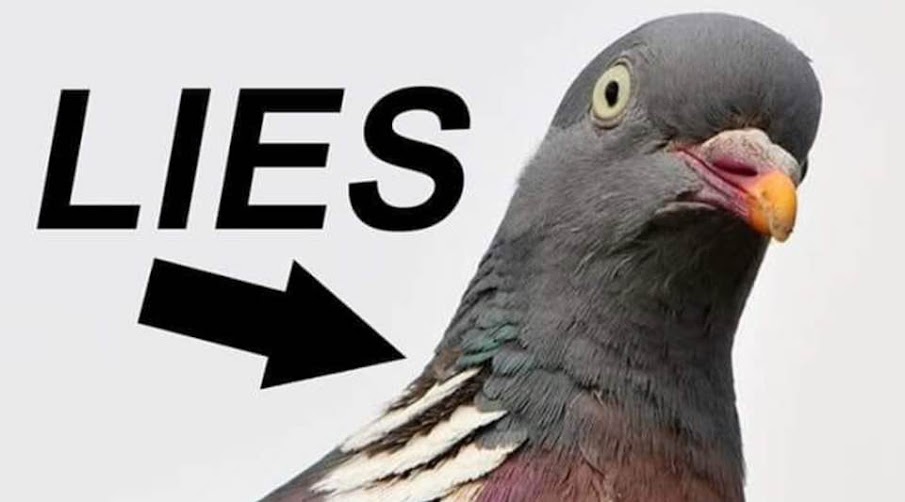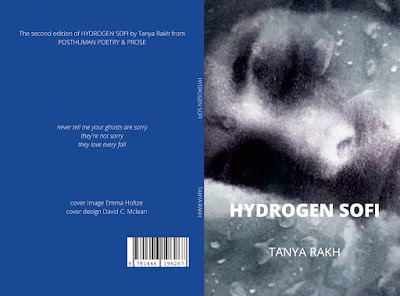I no longer like to do reviews, unless I particularly want to, so here is one, of Urban Mustang, the first full length poetry collection by Linnet Phoenix, from Impspired.
Review of Urban Mustang
by Linnet Phoenix
published by Impspired
Urban Mustang on Amazon.
This new collection by English poet Linnet Phoenix, her first full-length anthology, is centered around poems that relate as much to nature as they do to her life, & many poems have as their setting the United States of America; hence the title, which also relates to her interest in horses. It shows the poet encountering the USA, an awareness of its nature, as part of the same nature as is the England depicted elsewhere in the book, & perhaps a heightened sense of her own import & value.
The poet uses a singularly attractive voice in this volume, not only describing the interpersonal world but the natural earth & its animals, frequently resorting to artfully & unusually matched pairs of words that she hyphenates, creating an effect that reminds me of Gerard Manley-Hopkins. This in itself makes Linnet superior to the vast majority of her contemporaries. (Manley-Hopkins went to my old college, by the way, which sort of compensates one for BoJo. Swinburne did too, so Balliol attracts the deviants.)
I feel a laughter,
a grip-growl
touch of gymnast,
hand-standing tall
about to let go.
(From “Lightning Bugs”)
The poems reveal a keen sense of nature, as noted, & there are many poems that do not have anything beyond this awareness & observation of the natural world as their apparent surface theme. There are, however, many that instead appear to have a romantic interest as their underlying theme.
Since Linnet is an equestrian, as noted above, horses provide a focus for her interest, even in the title of the book, & this is part of the American mythology, which relates the focus on the natural to the broadly American setting for much of the book.
Beneath the northern stars
we danced in your snow
in my night lantern gloaming.
When lit by your spirit
I was a momentary queen,
a beautiful shotgun smile.
Our lives as magnolia petals
bloom before they fall.
I'm glad I caught the chance.
(From “This Dance”)
The horse poems are particularly strong, and there are several references, here one about a panicked young stallion, Caesar, where the language tenses itself, taut & intense, to match the passion of the agitated three-year-old horse.
Like a lithe gymnast, his muscles held taut,
he fought us, his dark eyes wild with fear,
adrenaline surging. Veins stood out stark
against the foaming white tide of sweat.
Never have I seen such beauty in anguish.
Powerful high stepping pride, ripped anger
fighting the fear of being trapped or tamed.
He had more to prove standing his ground.
(From “Caesar”)
Maybe the relationship to Manley-Hopkins is connected to this, the sensitivity to animals in nature. Manley-Hopkins wrote of the Heraclitean fire that is nature during the Victorian Era, when cultural & societal themes were prevalent in the execrable poetry of his day. Just so Linnet, as she stands ecstatic before the execrable poetry of her day. Compounding words, as Linnet does, & the unconventional use of language relate the two writers further. If there are rhymes, these are often internal; again, proving my point. Manley-Hopkins was a Victorian poet who was to all intents & purposes a romantic poet, Linnet is a modern poet who relates to an earlier set of standards for writing poetry. Again, they are both anachronistic in that sense. Being is what poetry reveals, or should, so Heidegger tells us, & this is what happens here: we are presented with the reality of Caesar's terror, of the earth around & under us, the heavens above. Because Linnet's poetry is motivated by Dichtung, the opening up that prepares the soul to receive Being & its Otherness, the "poetizing" that precedes the event of any art, she is one of the few poets who will be published in the future by Posthuman Poetry & Prose.
For these reasons, Linnet’s poetry is unusual in the modern context, & this is part of its strength. It is not poetry that one would describe in the sad macho terms so often used to describe poetry, usually very inappropriately - "Kick ass", or whatever. It does not fit in to preconceived formulae for the construction of poems (“it’s cool to be an epigone”), & this constitutes its strength & its beauty.
I foresee a great future for Linnet Phoenix, & am pleased to be mentioned in the credits for this book in recognition of my mastery of the arcane art of spelling, & that sort of thing.
Here the book is anyway, & here the poet's Amazon page.






